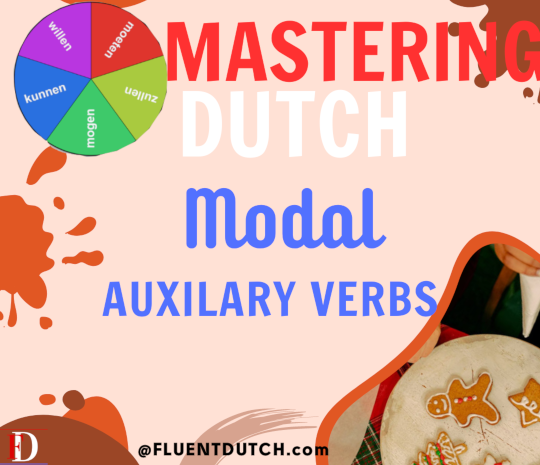As a Dutch language learner, forming questions can be a challenging aspect of the language. However, mastering Dutch question formation is essential for effective communication with native speakers. In this blog post, we will cover the rules for forming questions in Dutch and provide you with useful tips to help you sound like a native speaker.
The Basic Rules of Question Formation in Dutch
In Dutch, there are two main types of questions: open and closed questions.
Ja – Nee vragen / Yes – NO Questions
Closed questions can be answered with a simple “yes” or “no” and are formed by placing the verb before the subject in a sentence. For example:
- Ben jij Nederlands? (Are you Dutch?)
- Heeft zij honger? (Is she hungry?)
- Was je gisteren op school? (Were you at school yesterday?)
Open Questions:
Open questions require a more detailed answer and are formed by using a question word (wie, wat, waar, wanneer, waarom, hoe) at the beginning of the sentence. For example:
- Waar woon jij? (Where do you live?)
- Wanneer ben je jarig? (When is your birthday?)
- Hoe gaat het met jou? (How are you?)
Tips for Mastering Dutch Question Formation
- Listen and Repeat: The more you listen to Dutch speakers forming questions, the more natural it will become for you to do the same. Practice repeating questions out loud to help you get the rhythm and intonation right.
- Learn the Question Words: Familiarize yourself with the Dutch question words and their usage. This will help you ask more specific and detailed questions.
- Pay Attention to Word Order: Make sure you pay attention to the word order when forming questions in Dutch. For example, in closed questions, the verb always comes before the subject, while in open questions, the question word comes first.
- Practice, Practice, Practice: The more you practice, the more confident you will become in forming questions in Dutch. Try to incorporate question formation into your everyday conversations with native speakers.
Conclusion
Forming questions in Dutch may seem challenging at first, but with practice and patience, you can master it like a native speaker. Remember the basic rules, familiarize yourself with the question words, and practice as much as possible. Soon, you’ll be forming questions effortlessly and engaging in fluent conversations with Dutch speakers.





